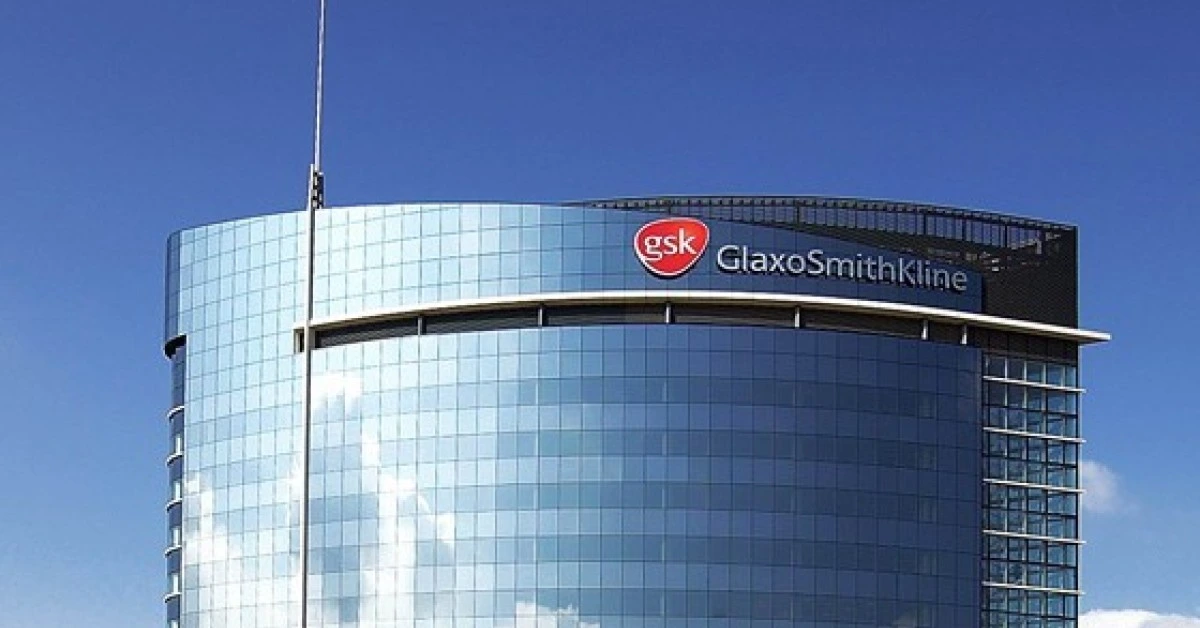
UK – UK-based pharmaceutical giant GSK is making a decisive foray into neuroscience with a new multi-billion-pound deal with ABL Bio, a company headquartered in Seongnam, South Korea.
As part of the agreement, GSK will pay £77 million (US $98.8 million) in buy-in and near-term payments to access ABL’s innovative Grabody-B platform technology.
Designed to deliver large molecule drugs across the blood-brain barrier (BBB), Grabody-B uses an additional binding group that attaches to the insulin-like growth factor 1 receptor (IGF1R), a transmembrane receptor present on the BBB.
This mechanism allows therapies like antibodies, antisense oligonucleotides, and small interfering RNA (siRNA) to reach the central nervous system—a feat that has been challenging with conventional delivery methods.
The agreement does not stop at the initial payments. It also incorporates provisions for up to £2.07 billion (US $2.7 billion) in research, development, regulatory, and commercial milestone payments, contingent on GSK successfully advancing multiple programs utilizing Grabody-B to the market.
This expansive financial commitment signals that GSK sees tremendous potential in the platform, hinting at a strategic shift to strengthen its neuroscience portfolio, even though its current clinical-stage pipeline is primarily focused on oncology, respiratory, immunology, inflammation, and infectious diseases.
There is a growing consensus within the industry that innovative therapeutic antibodies, which are among the most promising treatments for various conditions, are hampered by their inability to cross the BBB efficiently.
“There is a critical need for new therapeutics to treat neurodegenerative brain diseases, which are rapidly increasing in prevalence due to the ageing population,” said Christopher Austin, GSK’s Head of Research Technologies.
He added, “Many of the most promising new therapies are antibodies, but without a mechanism to ferry them into the brain, their potential remains limited.” The new alliance with ABL Bio is not GSK’s only move in the neuroscience space.
GSK has broadened its focus through collaborations with Alector, Muna Therapeutics, and Vesalius Therapeutics to develop innovative treatments for neurodegenerative diseases.
The partnership with Alector centers on progranulin-elevating monoclonal antibodies targeting conditions such as Alzheimer’s and Parkinson’s diseases.
Meanwhile, the alliances with Muna Therapeutics and Vesalius Therapeutics aim to identify novel drug targets and advance therapies for neurodegeneration.
XRP HEALTHCARE L.L.C | License Number: 2312867.01 | Dubai | © Copyright 2025 | All Rights Reserved